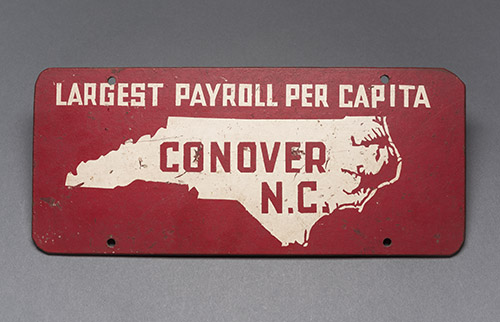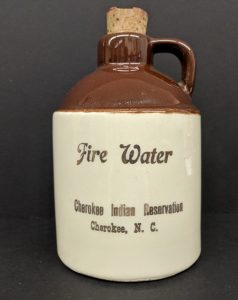1. During the Depression the Raleigh Community Chest gave destitute families a food allowance of how much per day — a nickel, a quarter or a dollar?
2. What governor and U.S. senator characterized North Carolina as a state “given to sober second-thought”?
3. True or false: Sir Walter Raleigh never spelled his name as the city is spelled today.
4. What novel inspired these rejections from publishers: “Marred by stylistic cliches, outlandish adjectives and similes”… “We had four books of this type last year, and each one failed” … “Terrible.”
5. What Tabor City-born country singer shares his name with a famed Civil War general?
Answers below
1. A nickel.
2. Zeb Vance.
3. True. Explains author Bill Bryson in “Made in America”: “One of the more striking features of life in the early colonial period is how casual people were with the spelling of their names. Sir Walter Raleigh, for instance, changed the spelling of his surname as one might change a shirt, sometimes styling himself Rawleyghe, sometimes Rawley, sometimes Ralegh. His friends and associates were even less specific, addressing him Ralo, Ralle, Raulie, Rawlegh, Rawlighe, Rawlye, and some 65 other…variants. The one spelling he apparently never used is … Raleigh.”
4 . “Look Homeward Angel,” Thomas Wolfe’s first novel.
5. Stonewall Jackson, whose biggest hit came in 1959: “Waterloo.” (Stonewall is his real name.)


